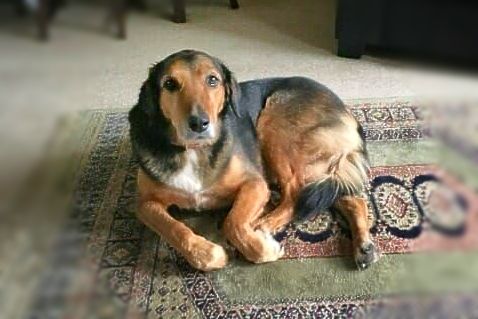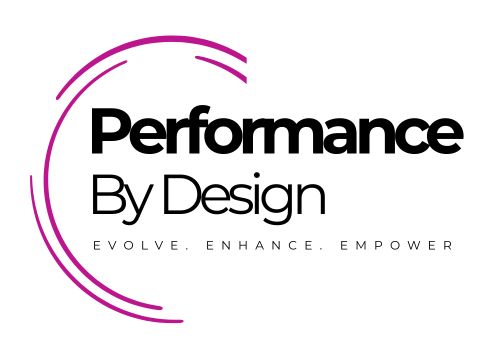By Mary Buckley
•
November 6, 2023
At Culture by Design, people that know us, know that we are massive advocates for the power and ROI of a ‘dogs at work’ policy. The research is clear and undeniable, where possible, the presence of dogs and other pets in the workplace makes for a happier environment, with less stress, less anxiety, improved morale, and an overall increase in productivity. Last month, at 14 years of age (approximately 86 in doggy years) Miley, our furry huntaway family member and previously a Culture by Design team coworker suddenly became very ill on a random Tuesday afternoon. Later that night, Miley went into surgery and what the vet found, meant we sadly had to let our beautiful girl go. In the wee hours of Wednesday morning, my husband and I bought Miley home to the farm and when the sun rose, we buried her under the large oak tree, next to Jock and Lass, her huntaway siblings that had lived a life before Miley’s time. Now while I can say without hesitation, the inconsolable grief felt at losing Miley was hugely intense and similar to the grief of losing my father several years ago, this story is not about grief, loss or even sadness. The key reason for this piece is to personally reflect and celebrate the amazing, paradigm busting work life of Miley. For you see Miley was a working dog, just not in the typical manner of most NZ huntaway working dogs. Rather than the archetypal position of working farm dog, Miley had a work career that spanned several years with successful roles in both the public sector and private business industry. Yes, that’s right NZ Sheepdog Trial Association people in charge, despite your Wikipedia claim that a Huntaway’s core and only task in life is to work stock, Miley broke through your glass ceiling to become an invaluable company team member off the farm! Now for sure, Miley would follow Michael, my husband, around our country property and was happy to do so, it’s just she had little to no interest in the sheep, seemed somewhat terrified of the cows and spent most of her time exploring the landscape, including smelling flowers in the garden. Yes, it became very clear early on that Miley had a vastly different work calling to that of Jock and Lass. That for some reason Miley was born with an extremely high feeling, old soul, intuitive personality akin to that of a human empath, making her the huntaway version of Ferdinand the Bull. It was this highly attuned, empathic nature that was to define Miley’s inevitable career and give her even more meaningful enjoyment in life. To follow are three examples of how Miley the Huntaway dog applied her intellect, personality, and emotional intelligence in the work environment to simply make the world a better place to be: 1. Employee Morale Officer Miley’s working career began with Dynamic Controls, a bio-medical engineering company headquartered in Christchurch, NZ. Miley’s first challenge in breaking the glass ceiling was to first break Charlotte the CEO and prove to Charlotte that dogs in the office were indeed a good idea and would not result in either utter chaos and/or unproductive distraction. At the time I was part of the Executive team reporting to Charlotte, and our team were all located in an open plan office. With a dog bed located next to my desk, this gave Miley ample opportunity to show Charlotte that not only was she not a distraction or chaotic in nature but in fact, her furry personality was just genius for improving morale and reducing stress, both of which, of course, resulted in increased productivity. It was Lucy Hilling, our HR Coordinator at the time that (once Miley had Charlotte across the line) promoted Miley to the role of Employee Morale Officer, issuing her a company photo security badge. On average Miley would spend 1-2 days a week in the office, and while she was now welcome in the Exec office, most workdays had barely begun before Miley was retrieved by various employees and would often end up spending the day in the Engineering department. This is where Miley achieved most of her more meaningful, satisfying work moments, supporting engineers that were at times under extreme time pressures to complete stage gate projects.





